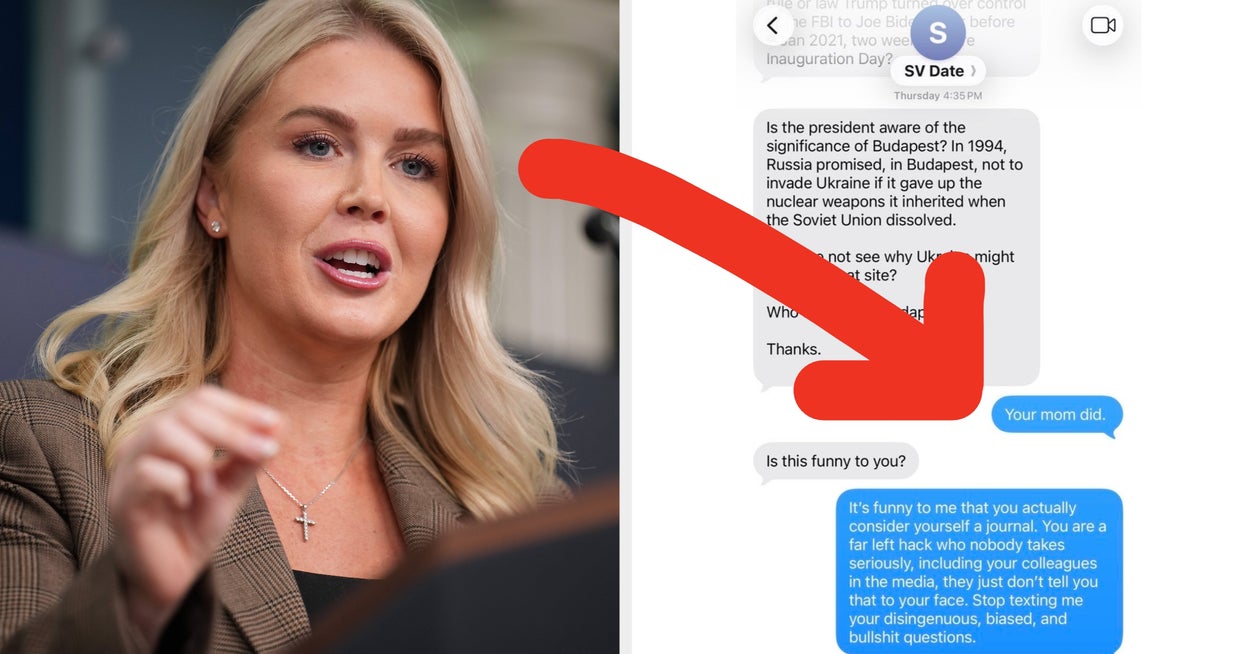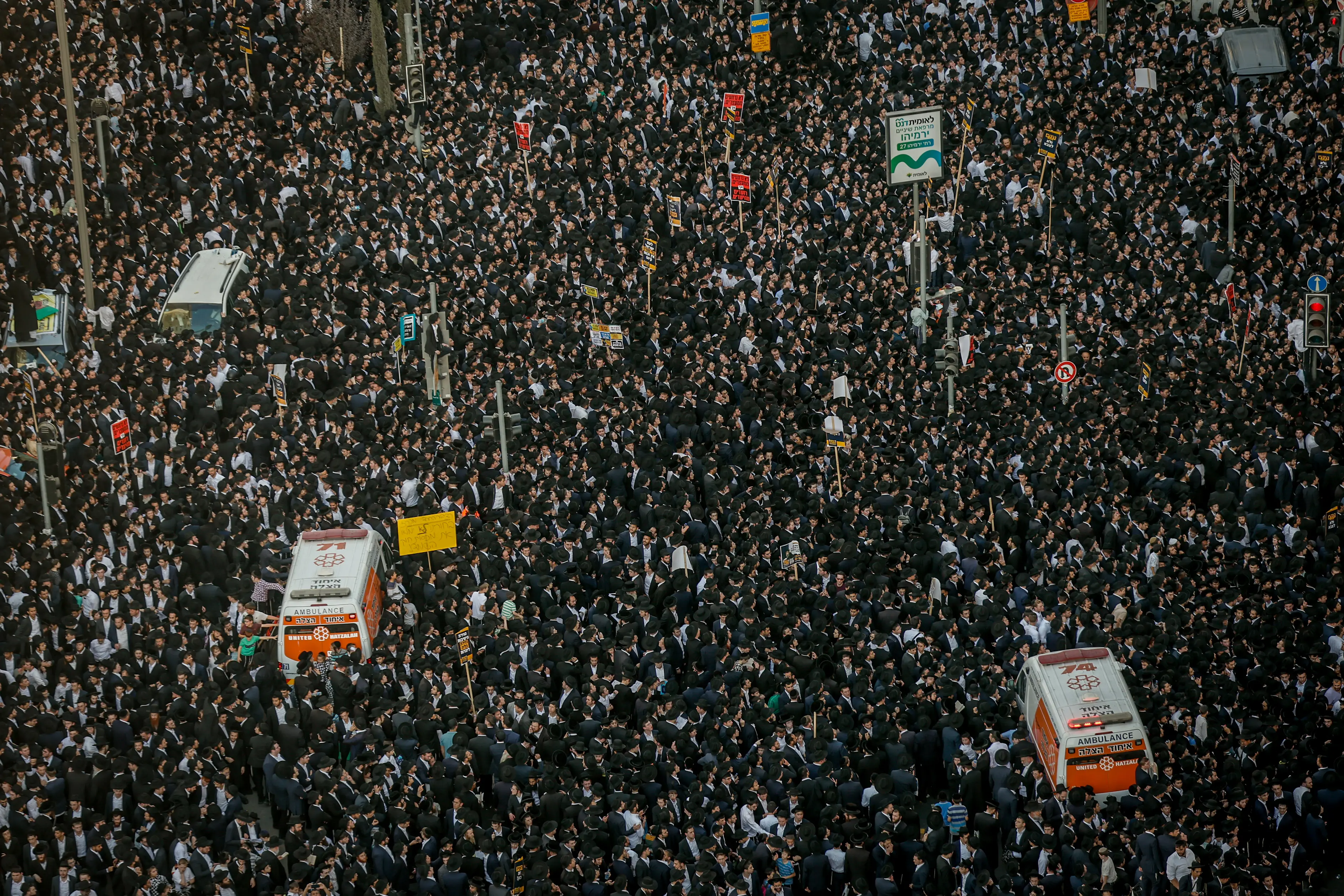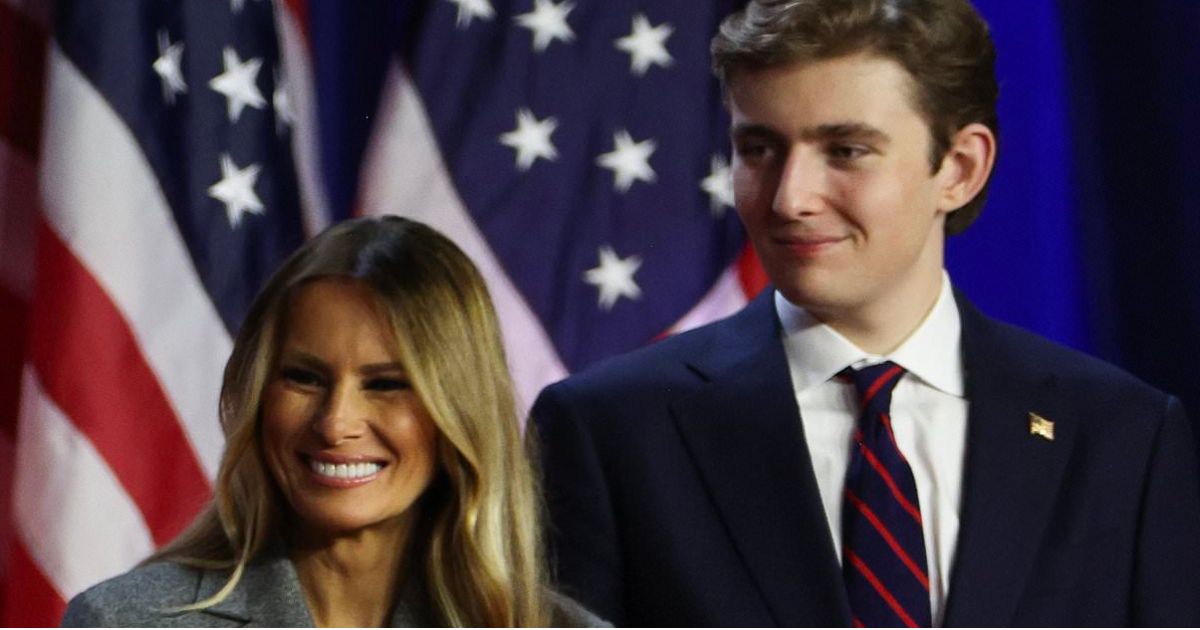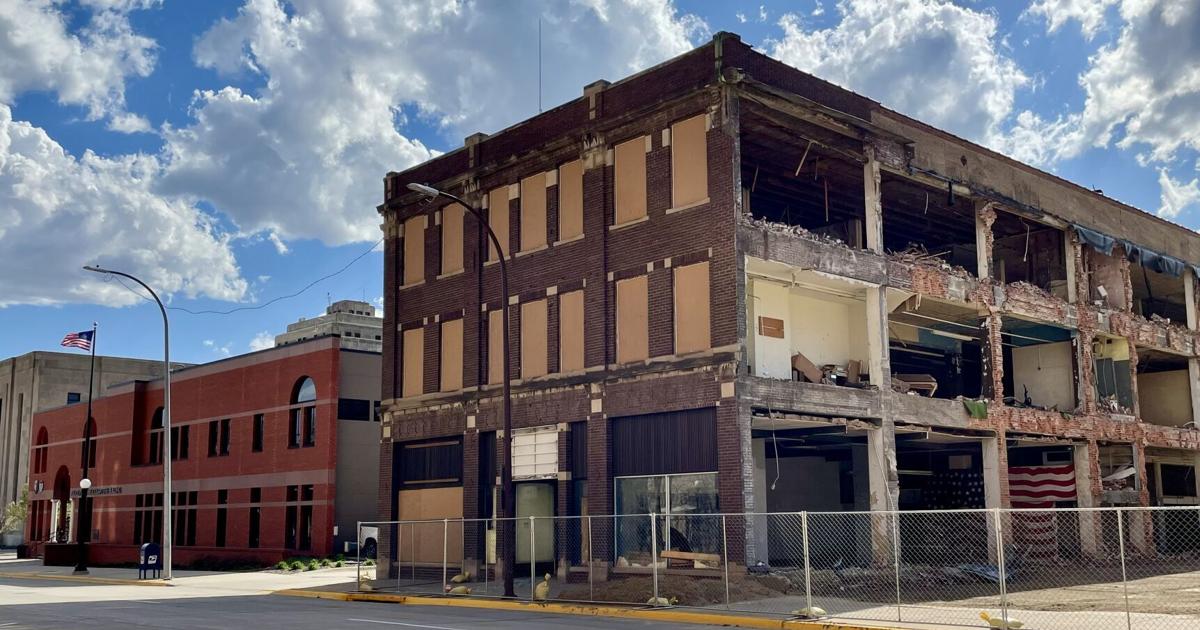Copyright Deadline
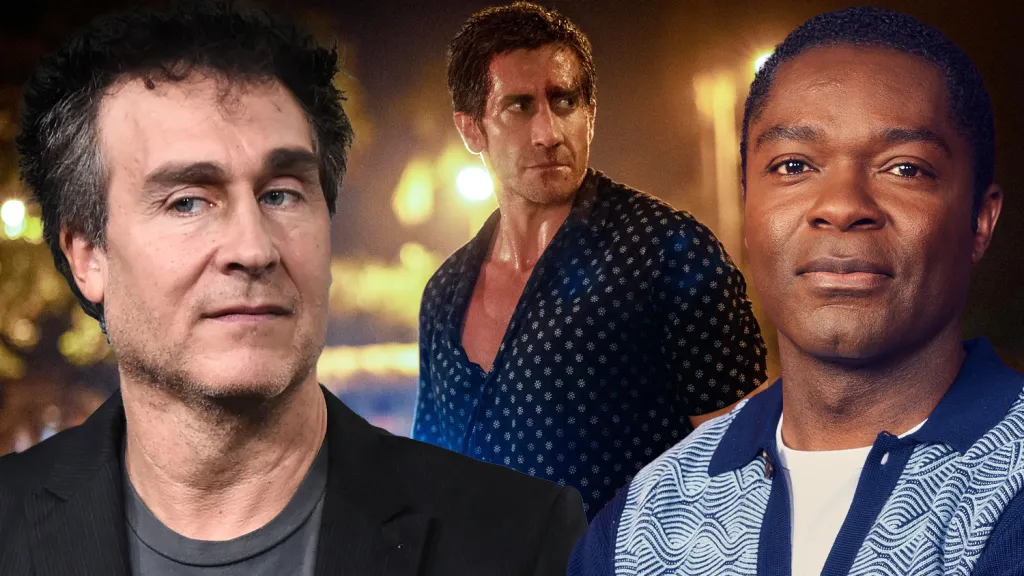
EXCLUSIVE: Looks like there might be a Round Two in the bitter barfight between Amazon MGM and director Doug Liman over Road House. Liman, who revived the franchise with a streamer hit remake that starred Jake Gyllenhaal and Irish MMA fighter Conor McGregor, has quietly acquired the sequel rights to Road House scripted by original writer R. Lance Hill. The filmmaker plans to make Road House: Dylan, the scribe’s sequel to the iconic 1989 film that starred the late Patrick Swayze as the Zen tough guy who comes to a crooked town and cleans it up, one bar brawl at a time. Compulsively watchable from Ben Gazzara’s scene chewing villain to Kelly Lynch’s ER doctor and Sam Elliott as Swayze’s wingman, It remains on hallowed B movie ground. Amazon MGM has begun production on Road House 2, with Ilya Naishuler taking over in the director’s chair, after Liman washed his hands of it. Gyllenhaal reprises as cagefighter-turned-barfighter alongside Dave Bautista, Aldis Hodge and Leila George. Like the first film, the plan is to release the sequel on the Amazon Prime streaming site. The Liman-directed original became the biggest movie debut ever with a record-breaking 50 million worldwide viewers in its first two weekends on Prime Video. That made the film the most-watched produced film debut ever on a worldwide basis according to the streamer, though precise streaming numbers aren’t as easily tracked as theatrical film box office repeats. One thing for sure: since Liman’s deal included bumps for box office success, his compensation suffered because the crowd-pleasing film certainly would have had a strong opportunity to draw a crowd to theaters. The bad blood here runs deep, as Deadline readers might remember. It started when Liman wrote a guest column for me, baring his frustration over making a deal that called for a full theatrical release, and then unceremoniously being informed the film would be a straight to streaming title. This after the film tested well enough to be a sleeper theatrical hit, which was the deal that Liman made. While he and producer Joel Silver even screened the picture for Amazon chief Jeff Bezos and his now-wife Lauren Sanchez Bezos, Amazon creative execs would not yield. Caustic conversations between Silver and execs Courtenay Valenti and Sue Kroll (they’d all worked together years at Warner Bros) left the producer on the outside looking in. Liman, meanwhile, at first planned to boycott the SXSW premiere, but changed his mind. A pilot, he flew his own plane in to see it play before a raucous crowd, paying for the fuel himself. How can there be dueling sequels to the same film? There is a federal lawsuit being waged over the franchise’s ownership, filed by attorney Marc Toberoff for Hill. The issue is this: they maintain Hill wrote the 1986 original as a spec script, and that, under Section 203 of the U.S. Copyright Act, Hill lawfully recaptured rights to his screenplay on November 11, 2023—thirty-five years after selling it to United Artists. Section 203 allows authors to reclaim copyrights to original works after that period, unless the work was created as a “work for hire.” Hill maintains Road House was not a work for hire: he wrote it independently, was paid only after selling it at auction, and had no studio supervision. He alleges Amazon’s 2024 remake infringed those re-acquired rights. Amazon and MGM counter that his termination notice is invalid because the script was sold through his loan-out corporation, Lady Amos Inc., and therefore qualifies as a work for hire. Their false-ownership counterclaim—accusing Hill of misrepresenting authorship in copyright filings—survived an anti-SLAPP motion to strike in September 2024; Hill has appealed that ruling to the Ninth Circuit. Liman, who sought out Hill when he was planning to do the Road House sequel for Amazon MGM, got to know the writer and sympathized with his plight. Liman’s move effectively recognizes Hill’s claim and sets up two competing chains of title: Amazon’s studio sequel and Liman’s author-sanctioned project. The case could become a major test of how Section 203 applies to 1980s-era contracts and how loan-out corporations affect writers’ ability to reclaim ownership of their original works. Studios like to have clean chains of rights before spending millions on films and TV series, but this is not unprecedented. A legal case is ongoing between ER creator Michael Crichton’s widow Sherri and Warner Bros even as The Pitt heads into Season Two; the Amazon MGM James Bond franchise which led to rival 007 pics Never Say Never Again with original star Sean Connery and Octopussy with his replacement Roger Moore. In this case, it seems surprising that the studio didn’t do what was needed to settle with the Road House creator Hill. Stay tuned. Amazon MGM had no comment. Two LAMDA Scholarships Might Pave Way For The Next David Oyelowo From the empathetic MI-5 spy Danny to the tough-as-nails Lawman: Bass Reeves and everything he’s done in between as an actor and producer, David Oyelowo firmly believes he might never have gotten a chance had he not had help to get to the London Academy of Music and Dramatic Arts over two decades ago. He’s being honored this evening to celebrate the endowment of two scholarships to that prestigious school, and he’s hoping that it will lead to more chances to help the underrepresented class with talent find a way inside what can seem like a door firmly closed. These will be funded annually by the ML Dauray Arts Initiative, and the scholarships are intended for college grads accepted to a one-year program leading to a Masters of the Arts degree at LAMDA. Applicants most be non-white or of Latin descent, and demonstrate financial need. At least half of the DOE Distribution each year will go to a U.S. citizen. This will be an annual endowment. Oyelowo is a proud but not boastful man I have gotten to know over the years, and this was an opportunity to discuss what is happening in the world right now, one in which AI is automating jobs everywhere, and where phrases like DEI and Woke, drawing something positive out of the murder of George Floyd, are more than deemphasized: they have become subject to scorn. Whether you are in the entertainment business, or orbit it like I do as co-editor-in-chief of Deadline, it became a pleasure to inject these things into your consciousness. Making it part of your job to diversify your workforce and give others a chance. In some small way, you would feel not so much like you are playing a quota game, but rather that in some tiny way, you might find yourself looking back and feel you were on the right side of history. Oyelowo engages in this as he also is at the head of a program that gives scholarships to female students in Nigeria. Hollywood’s move in that DEI/Woke direction birthed a bumper crop of writers, filmmakers and actors of all colors, and some terrific films and TV shows. One hopes that the current climate deemphasizing this doesn’t render the whole thing nothing more than a fad that came from an incident that shocked a world, but that was many shocks ago. This is what happened in the past, like when an embrace of urban themed films launched the stars of John Singleton, Allen & Albert Hughes, Ice Cube, Chris Tucker and a few others who got through a door that didn’t stay open because, as Spike Lee so often reminded us, there were not enough decisionmakers of color who brought a fresh perspective and had the clout to make things happen. Oyelowo acknowledges two scholarships won’t solve the problem, but it is a step in the right direction and he’s hopeful others might lean in, as was done here by philanthropists Leonard and Sophie Davis, and their son Alan, who is president of the foundation they set up. “When I went to LAMDA 20 something years ago now, there is no way I could have gotten there without a scholarship,” Oyelowo told me. “My parents couldn’t afford it. They had no notion of how the arts would be relevant to anything amounting to success for me. Nicholas Hytner, who was the artistic director of the National Theater and the UK at the time, was the one who gave me the Scholarship of Excellence that allowed me to go to LAMDA. I simply wouldn’t have a career without that scholarship. So, two years ago, I was given an honorary degree from LAMDA. I gave a speech there talking about my journey and how instrumental that scholarship was for me and how I’ve tried to pay it forward in mentoring others and in the kind of work I seek to do. “A gentleman named Alan Davis was present. He leads a fund, an endowment fund that his parents, Leonard and Sophie Davis set up. And he decided that he wanted to have two scholarships in my name to basically continue this work.” Together, they came up with some guard rails that reflected lessons Oyelowo learned along the way. “He called me and we talked about it,” Oyelowo said. “I was very keen that at least one of those scholarships a year is afforded an American student. The reason being, I’ve now lived in America for 18 years and there is this syndrome — especially for me as a Black person playing American roles – from African-Americans: Why are all these Black Brits coming along and taking our jobs? And one of the harder things to discuss is the reality of access. When I grew up in the UK, even though I needed a scholarship to go to LAMDA, I had access to great actor training. Whether it’s to do with cultural stigma or to do with a lack of access, African-American, Latino, certainly indigenous Americans don’t have that same access. And so when I discussed this with Alan, I was very keen that at least one of these two scholarships a year go to an American student who is non-white and is financially challenged so that we can start to populate the pipeline when it comes to people of color who are also not being a afforded access to the best acting training in the world. “I want people to be aware of this opportunity and the deadline, of course, but from an industry standpoint, I am a big believer in, you cannot be what you cannot see. And often our industry, and especially now, tends to forget that we have to be very intentional when it comes to providing opportunities for marginalized groups. We can wheel out the stats of why fewer women than should be the case have directed films this year, and we have all these reports about the death of opportunities for Latino people on film, Asian people on film, certainly Native American indigenous people on film. But people are looking at the result rather than the source. It’s not enough to say, I suddenly have a role for a 20 something Latino actress. Let me go find them. Well, you didn’t cultivate them. Sports is a model for this. They do well scouting kids when they are young. as the model for this. Those teams are scouting kids very young, because they know that it is important to them that at some point they have a deep bench to select from, of the best talent around. And that’s what this is. It’s not reacting to, I have a project now, I need a great actor or actress. It’s about cultivating the next great actor or actress who is indigenous or who is Latino or who is African-American, because that’s the way our industry will benefit. Not in a knee jerk way, when a project happens to rear its head.” That brings us to “woke” becoming less than a term or endearment, and DEI the same thing. “Anyone who accepts ‘woke’ or DEI as a pejorative, they never believed in equality in the first place,” Oyelowo said. “It was purely performative because the idea that the phrase diversity, equity, and inclusion should be anything but a positive…the idea that being awake to the realities of marginalized people, which is where the work phrase comes from, is a negative, is nonsensical. Anyone who subscribes to that, as far as I’m concerned, was always self-absorbed and had no interest in the common good anyway. And for me personally, what this moment has done is just illustrate how we have to double down, as people who are genuinely invested in equality. Keep on doing the things that are going to actually bring about equality rather than the idea that the murder of a man (George Floyd) makes equality in vogue. And then a shift in the politics of the time makes it less in vogue. That makes zero sense. I just believe we can’t be reactive to the moment. We’ve always got to think in a generational way. And that’s why I’m so proud to have not one but two scholarships here. LAMDA is the oldest drama school in the world. It’s one of the best drama schools in the world. My own son is there at the moment. I just got back from London yesterday to watch him in his third-year show. And Mike, I’ve got to tell you, when I was at LAMDA, in my first year, I was the only black student in a school of 300 students. I was the only one. And by the time I was leaving, I think there were three of us in the entire school. In my son’s class now, 50% of the students of color. Which is representative of how multicultural the UK has become. When I say to my 20-year old son that I was the only black student, he can’t get his head around it. And I love that. I love that. That’s something he can’t understand because it shouldn’t be understood. And as I’m now an American citizen, I consider myself a citizen of the world. I work a lot in the American entertainment industry. And the reality is that there are a lot of great actors of color who are trained, but if we don’t keep on investing in the future, this will recede rather than increase.”
